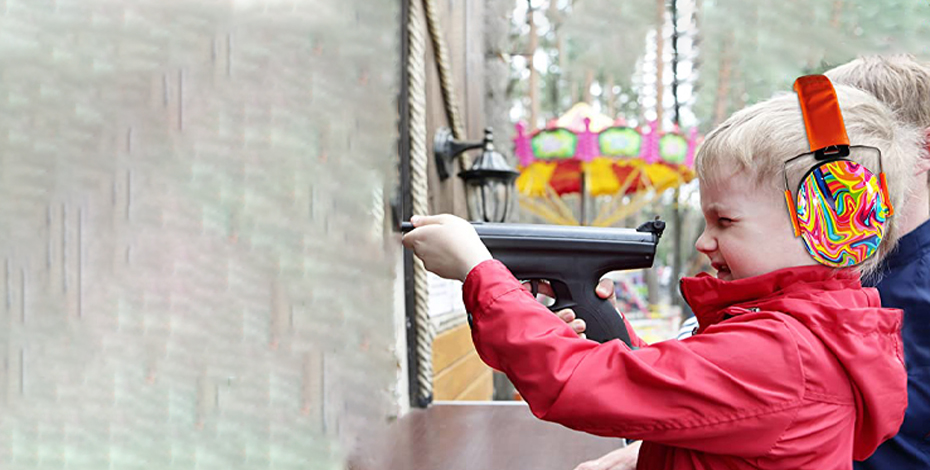Copyright Hangzhou ZH Tech Co.,LtdAll Rights Reserved. Powered by www.300.cn 浙ICP备19002797号-1
Thank you for your interest in ZH TECH,Our entire team appreciate it.
We are a professiaaaonal manufacturer and exporter of hearing protector in China in last 10 years and accept OEM.
Quick Links
About Us
Contact us
No. 6 Shunle Road, Yuhang Jingshan, Hangzhou
Email: sale@zh-safety.com
Phone +86 15888861058
FAQ
FAQ
Tips to Protect Your Child's Hearing
1. Use hearing protection on infants and young children in noisy environments. Ear muffs are a great way to protect your child's hearing when he or she is exposed to noise as a very young child. Whether it is a sporting event, concert, or the movie theater, loud sounds can be damaging to young ears. Infant ear muffs are a safe and effective way to protect your babies ears from potential auditory damage. Most ear muffs are expandable which allows for years of use for children into toddlerhood and childhood.
2. Monitor the volume of electronic devices. Kids often cannot self regulate the volume of what they are listening to. It is important for parents to set the volume level and not let it exceed a certain volume level. Some devices allow you as the parent to set the maximum volume. If you can hear the sound from the earbud or headphone while the child is wearing it, it's too loud.
3. Limit time exposed to loud noise. The more time spent in loud noise, the more damage it can cause. When it comes to electronic devices, limit the child's exposure time to ensure the ears are not being over exposed to noise.
4. Create good hearing protection habits. Instruct the child to wear hearing protection consistently and enforce hearing protection rules from the start. Normalize wearing ear plugs or ear muffs in noisy places to encourage hearing health.
5. Know the facts about earbuds and headphones. Headphones are not always safer than earbuds. It is a common misconception that headphones don’t do as much damage as ear buds, and this is not true. Both types of hearing devices can cause damage if loud enough. Noise canceling headphones are sometimes used as a safer option, as they can eliminate noise that sometimes causes listeners to turn up the volume to hear over the noise. Although they still can reach very high volumes, this can be used to keep children from wanting higher volumes.

6. Be a positive hearing protection example. Show your child that it is important to you to protect your hearing and they will do the same. Turn down the volume of your TV or radio in the car to a safe level.
7. Use a sound level meter app to help judge environmental sounds. Sound level meter apps are not regulated, so they may not always be 100% accurate, but they can still be a helpful tool in gauging if sounds are too loud. Use them to measure the TV, sound machines in a child's room, music, gyms, daycares, or classrooms.
8. Educate yourself and your child on hearing health. Noise exposure causes hearing loss. Know what a healthy volume is and teach children the importance of protecting their own hearing. Early hearing protection use will help preserve your child’s hearing in the future. They will thank you down the road for protecting their hearing.
9. Obtain a baseline hearing test. It's never too early for a hearing exam. Whether you simply want a hearing baseline or if you have hearing concerns, it's always a good idea to reach out to an audiologist and have your child's hearing checked







